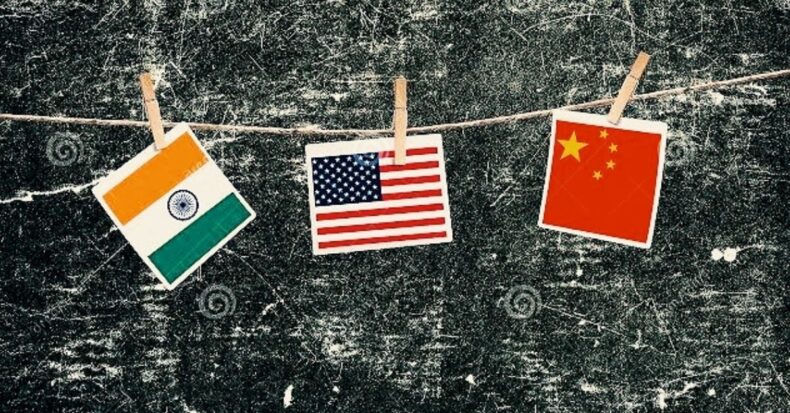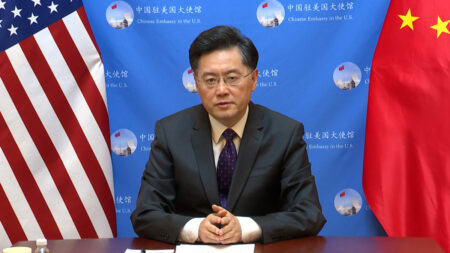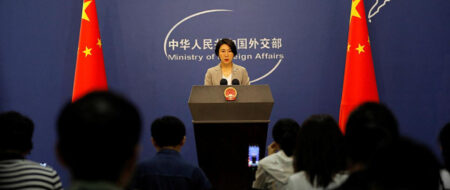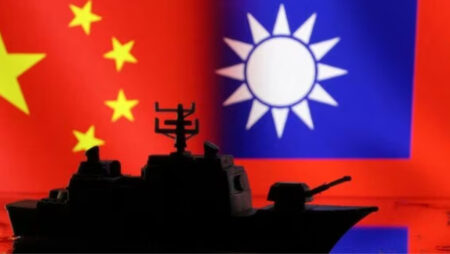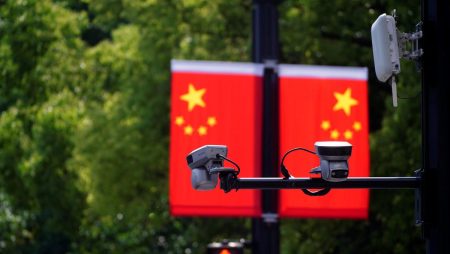Mega sports event like Olympics besides being a sheer occasion of entertainment has always been a platform for countries to showcase their Geo-political dominance in so many ways.
Playing host to the Olympics is a much-awaited turn to showcase an ambitious country’s rise. And the sporting event itself has so many branches that even small countries can own a twig or two and make their presence felt on the Medals tally.
However, Tokyo Olympics 2020 seems to have presented a different opportunity for Political analysts.
This year Olympics is relevant not so much for cross border political messaging as it is for the politically divided reception of Winners back home.
With 39 Gold and a total count of 113, America emerged as a clear victor, followed by China with 38 Gold and a total count of 88.
Despite a poor medal to Population ratio, Olympics 2020 has been the best performance for India with 1 Gold and a total count of 7.
Other than a sharply divided ranking, these countries share a commonality in how their athletes were received back home.
Han Nationalism in China and toxic expectations from Athletes
The pressure on Chinese athletes to perform has never been higher. Anything less than Gold was dubbed as being unpatriotic by furious nationalists back there in China.
China’s mixed doubles table tennis team made a tearful apology for winning just a silver medal. Their apology came after a furious uproar on the Chinese social media platform, Weibo.
To the nationalist audience in China, the medal tally is a real-time tracker of China’s dominance over other countries. China’s Li Junhui and Liu Yuchen similarly faced backlash after losing their badminton doubles final to Taiwan.
Other targeted athletes include names like Yang Qian, Wang Luyao. China’s Sports Centres are notorious factory-like setup that beats children into shape in the name of training. The children over there become a fertile ground for toxic nationalistic experiments.

What are the factors that facilitate dictatorial efficiency in China?
The Chinese state is a unanimous singular body owing to its Han nationalistic political ideology. 95% Of China’s total population is overwhelmed by The Han Chinese, the world’s largest ethnic group.
Chinese communist party sees itself as the legitimate successor of the Qing Dynasty, the legitimate successor of the Ming Dynasty, which was the legitimate successor of the Yuan Dynasty.
It goes on and on to Shang Dynasty. In short, the Han nationalists believes that China bears the Mandate of Heaven, the 3600-year-old soul of China.
USA
In sharp contrast to China’s nationalism, America is not fundamentally nationalistic. America is a country of immigrants.
Legal American citizens do not share one history, one culture and one identity. Its political institutions are polarising rather than unifying. Their divisive identity politics, especially around gender binaries, also spilt over in Olympics.
Weightlifter Laurel Hubbard fuelled global debate about trans women’s unfair advantage and inclusion in women’s sports.
Shot putter Raven Saunder’s twerk to celebrate her silver medal at Tokyo Olympics also set off controversy amongst the home audience.

Furthermore, in a scathing attack, Donald Trump said, “If our soccer team, headed by a radical group of Leftist Maniacs, wasn’t woke, they would have won the Gold Medal instead of the Bronze”.
India
India’s super seven gave the country its most successful campaign and set a celebratory mood amongst citizens. At the same time, several netizens were unhappy owing to the alleged political affiliation of athletes.
Neeraj Chopra was ‘cancelled’ over his supposedly pro-Modi leaning. The right-wing ecosystem was also quick to appropriate the winner along its political contour.
Furthermore, the Modi govt decided to rename Rajeev Gandhi Khel Ratna Award after Major Dhyanchand, thus kicking off another political storm. This move was read as a malicious intention of the Bjp govt to undo Congress’s legacy.
For more news click here







